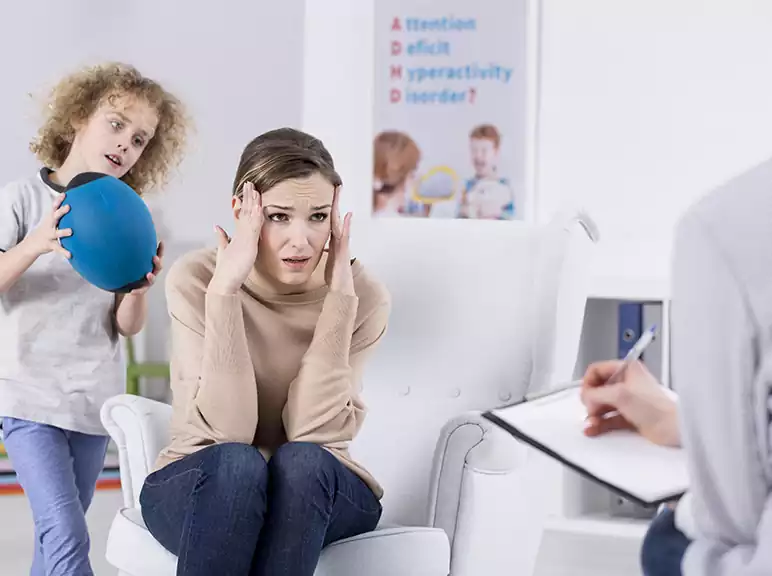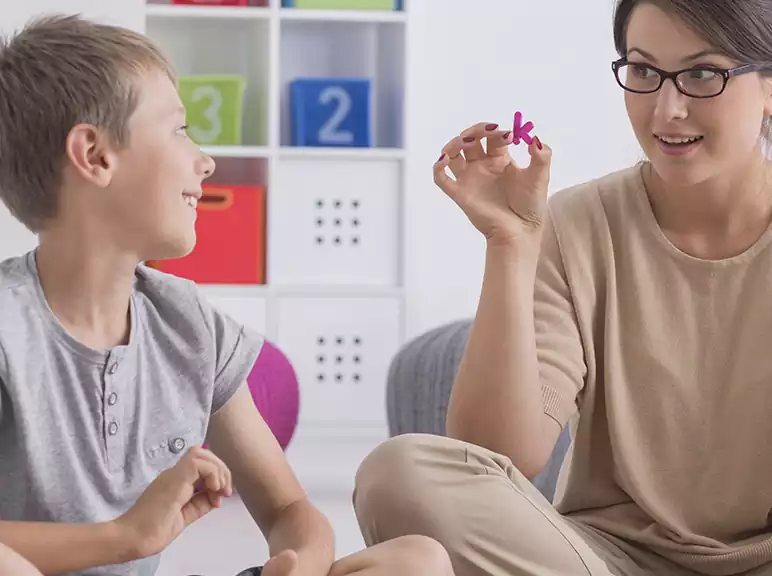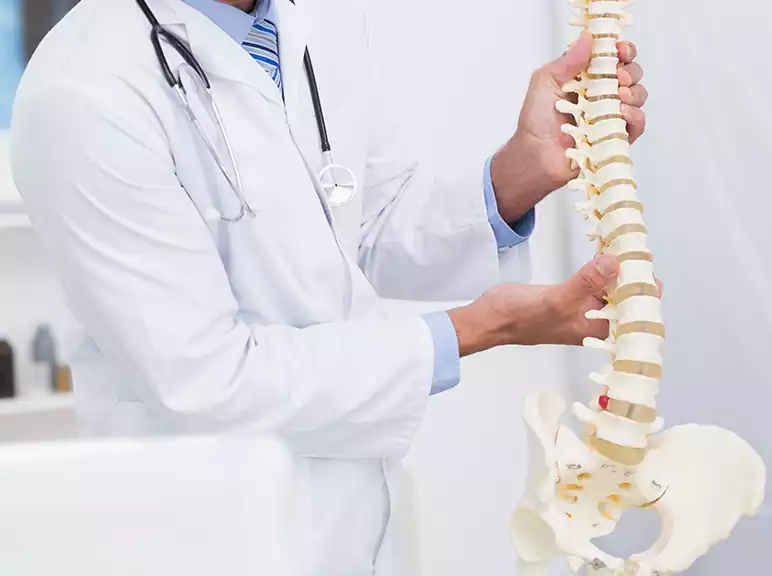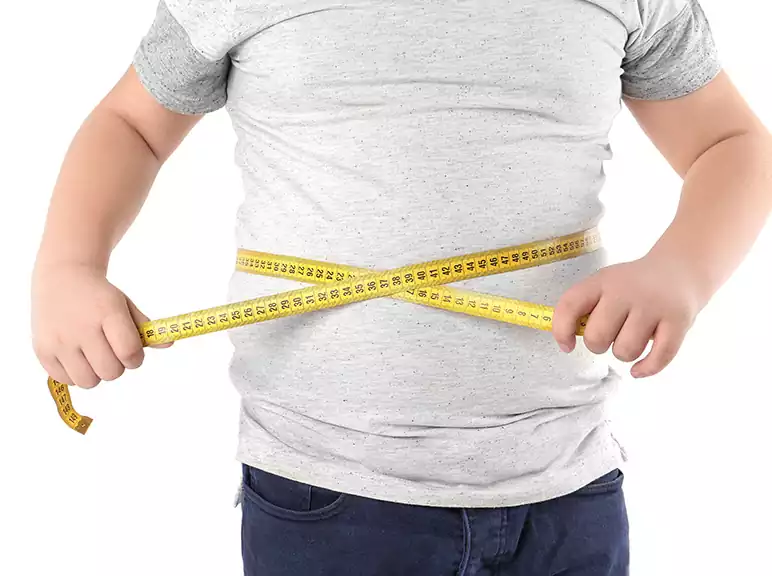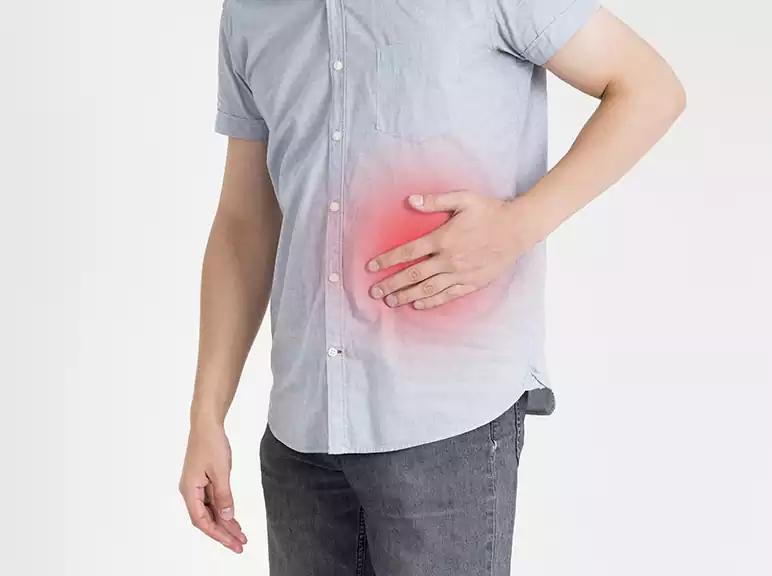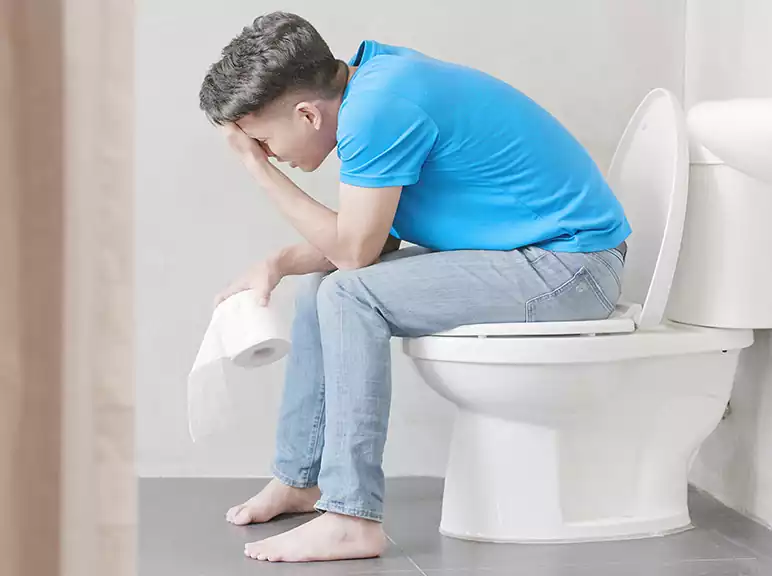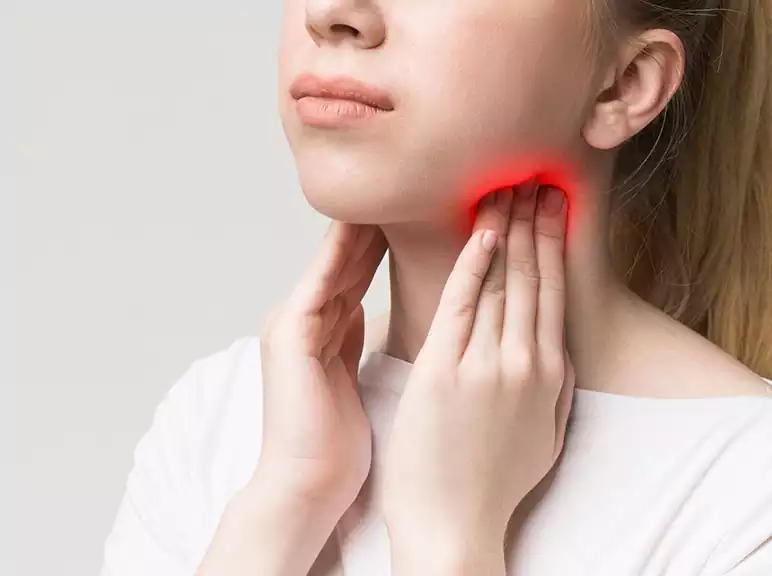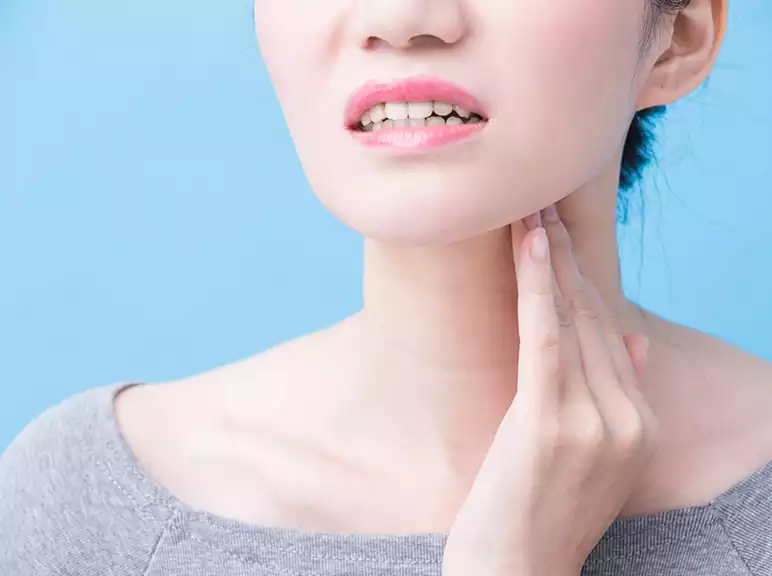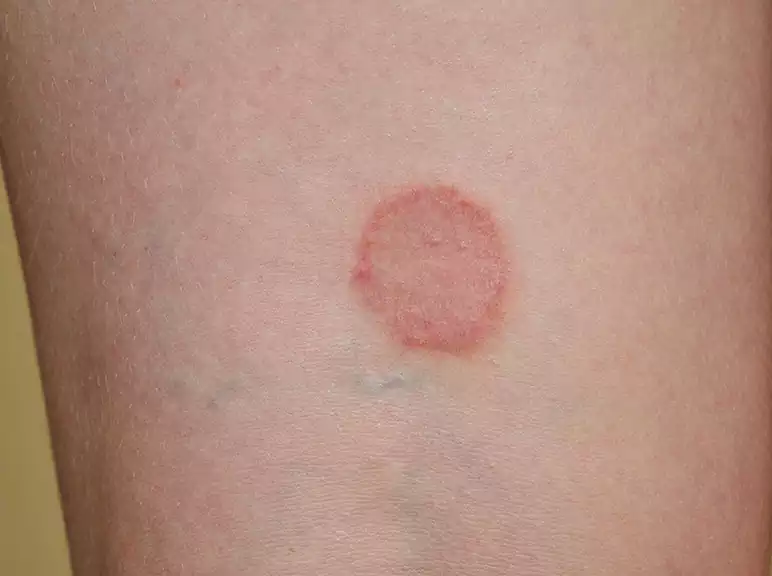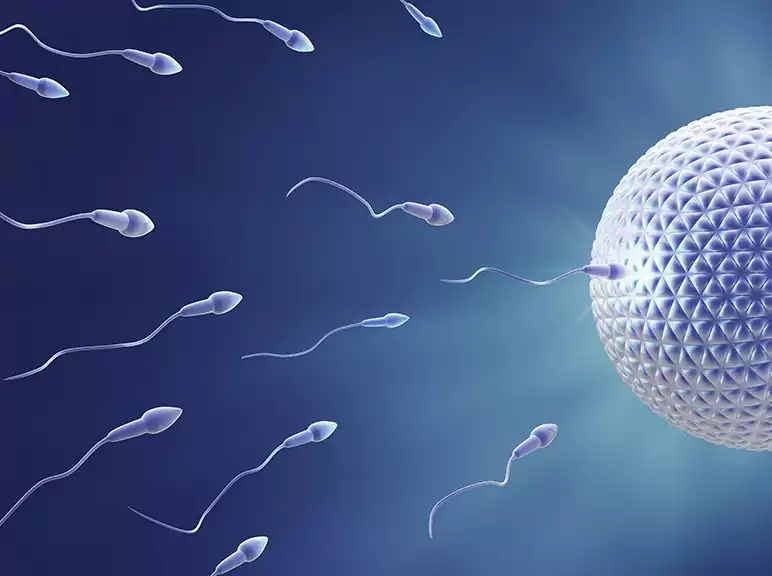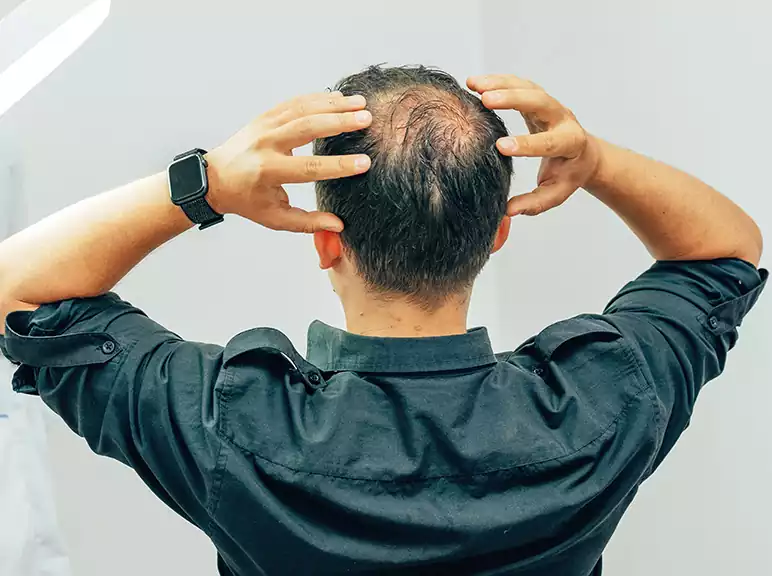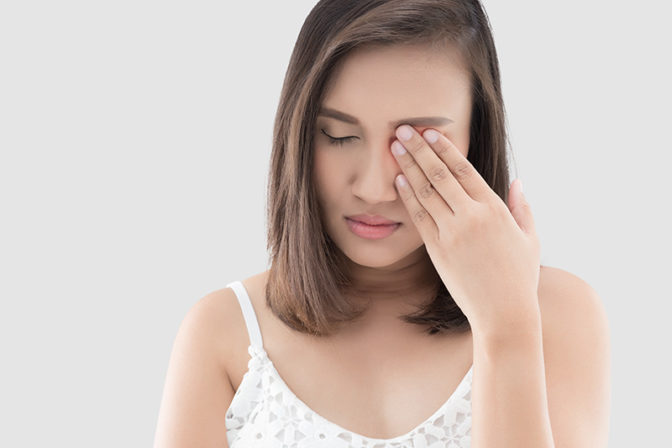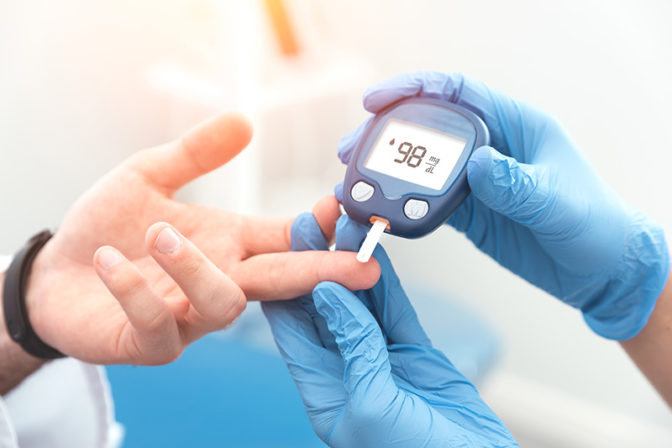Hypothyroidism
Causes of hypothyroidism
Hypothyroidism can be caused by many factors, including:
- Autoimmune disorder: an autoimmune condition is caused by an antigen attacking the body. Often the thyroid gland includes this process, which causes hypothyroidism.
- Hyperthyroidism treatment: Hyperthyroidism is defined as the disorder in which excessive quantities of thyroid hormone are released. Hyperthyroidism can, in some cases lead to hypothyroidism.
- Thyroid operation: The removal of the thyroid gland will reduce thyroid hormone production, which may lead to symptoms of hypothyroidism.
- Radiation: radiation used to treat head and neck cancers can affect the thyroid gland and contribute to hypothyroidism.
- Medications: Hypothyroidism may lead to a variety of medications. If the patient has been on a specific medicine for a long time, then they must ask our homoeopaths about its thyroid influence.
- Congenital disease: A infant is often born with a faulty thyroid or a thyroid gland.
- Pregnancy: Hypothyroidism in or after pregnancy occurs in some women.
- Iodine deficiency: mineral iodine deficiency that is predominantly present in foods, algae and plants are grown in iodine-rich soil, and iodine-rich salt, as a result of which can result in hypothyroidism in your diet.
Symptoms
The symptoms of hypothyroidism depend on the deficiency level of the thyroid hormone. In the initial stage, thyroid symptoms are not visible. As the metabolism of the patient continues to slow down; however, any or all of the following symptoms may develop:
- Tiredness
- Gain in weight
- Weakness of muscle
- Muscle aches, tenderness and rigidity
- Dry skin
- Depression
- Memory deficient
- Puffy face
- Hoarseness
- Increased temperature exposure
- Joint pain, rigidity or swelling
- Thinning of hair
- Higher level of blood cholesterol
- Menstrual cycles longer than average or abnormal
- Constipation
- Dropped heart rate
When seeking medical assistance: Our homoeopathic practitioners will see whether they are sleepy without purpose or whether they have any other signs of hypothyroidism, including dry skin, swollen, puffy face, constipation, elevated levels of cholesterol or rude speech.
Complexity
When hypothyroidism is not adequately treated, the patient has several different issues, such as:
- Goitre: continuous stress on the thyroid gland for more hormones will lead to a more significant gland, known as goitre. A broad goitre can impact the appearance of the patient and can interfere with swallowing or breathing.
- Heart problems: hypothyroidism can also be related to a growing risk of heart disease, mostly due to elevated cholesterol levels. Hypothyroidism may increase heart size or cause cardiac insufficiency.
- Problems with mental health: hypothyroidism can cause depression and become more severe over time. Hypothyroidism can also slow down the mental function of the patient.
- Peripheral neuropathy: Long-term, uncontrolled hypothyroidism may cause nerve damage and lead to a condition called neuropathy. Peripheral Neuropathy symptoms may include discomfort, addictions and tingling in the area affected by nerve damage.
- Infertility: low thyroid hormone levels can interfere with fertility ovulation.
- Birth defects: Babies born to untreated thyroid disease women may be more likely to have birth defects than babies born to stable mothers. These kids are more expected to have severe intellectual and behavioural disabilities.
Treatment of hypothyroidism
Hypothyroidism is a chronic, progressive condition that affects many processes and bodies of the body over time. Treating such a disease is a challenge for any doctor. It interferes with body functions at several stages, namely metabolism, menstrual function, sleep, etc. At AVIVO Clinic, we have a team of specialists from both the homoeopathy and endocrinology departments who work as a team to prepare therapies for patients to their best possible result. Cases are carefully researched, and extensive reviews are conducted.
Treatment at AVIVO Clinic
Step 1: First appointment – Our homoeopaths will take 30 to 45 minutes to explain the precise cause of hypothyroidism. We must understand your medical background,
thyroid disease family history and lifestyle. Our homoeopaths recommend tailored homoeopathic treatment that helps you cope with hypothyroidism, based on all these factors.
Step 2: Medical diagnosis – Our homoeopaths administer physical tests and ask questions about the symptoms of hypothyroidism. You must perform a TSH test that tests the blood thyroid hormone.
Step 3: Customised care – The diagnosis and severity of the disease is based on the recommendation of natural homoeopathic medicines.
Homoeopathy benefits
- Treatment with natural sources medicines such as plants and minerals
- Care personalised to each patient
- Helps standardise TSH rates
- Controls symptoms such as exhaustion and weakness
- Controls weight gain and hypothyroidism-related obesity
- Helps maintain a sense of well-being and a positive attitude
- Track disease progress and avoid other complications
Step 4: Lifestyle advice – Our homoeopaths instruct you on how to adjust your diet,
your everyday routine, and your physical activity to restore normal levels of TSH in your body.
Why AVIVO Clinic?
Largest professional homoeopath network
AVIVO Clinic has one of the great homoeopath networks with over 350 homoeopaths worldwide. Our homoeopaths are certified with a homoeopathic degree, containing medicine, surgery, gynaecology, anatomy, physiology and psychology.
Unique therapy for each patient
AVIVO Clinic gives you a full and customised treatment. Our care goes beyond physical symptoms, thereby addressing the patient’s deep-seated emotional issues which often cause medical problems.
E-medical records/cross-reference enabled
Centralised data registration helps patients to visit our homoeopaths in each of our clinics worldwide. Cross-referencing is much more comfortable, and improved care outcomes for patients are obtained from our previous experience.


